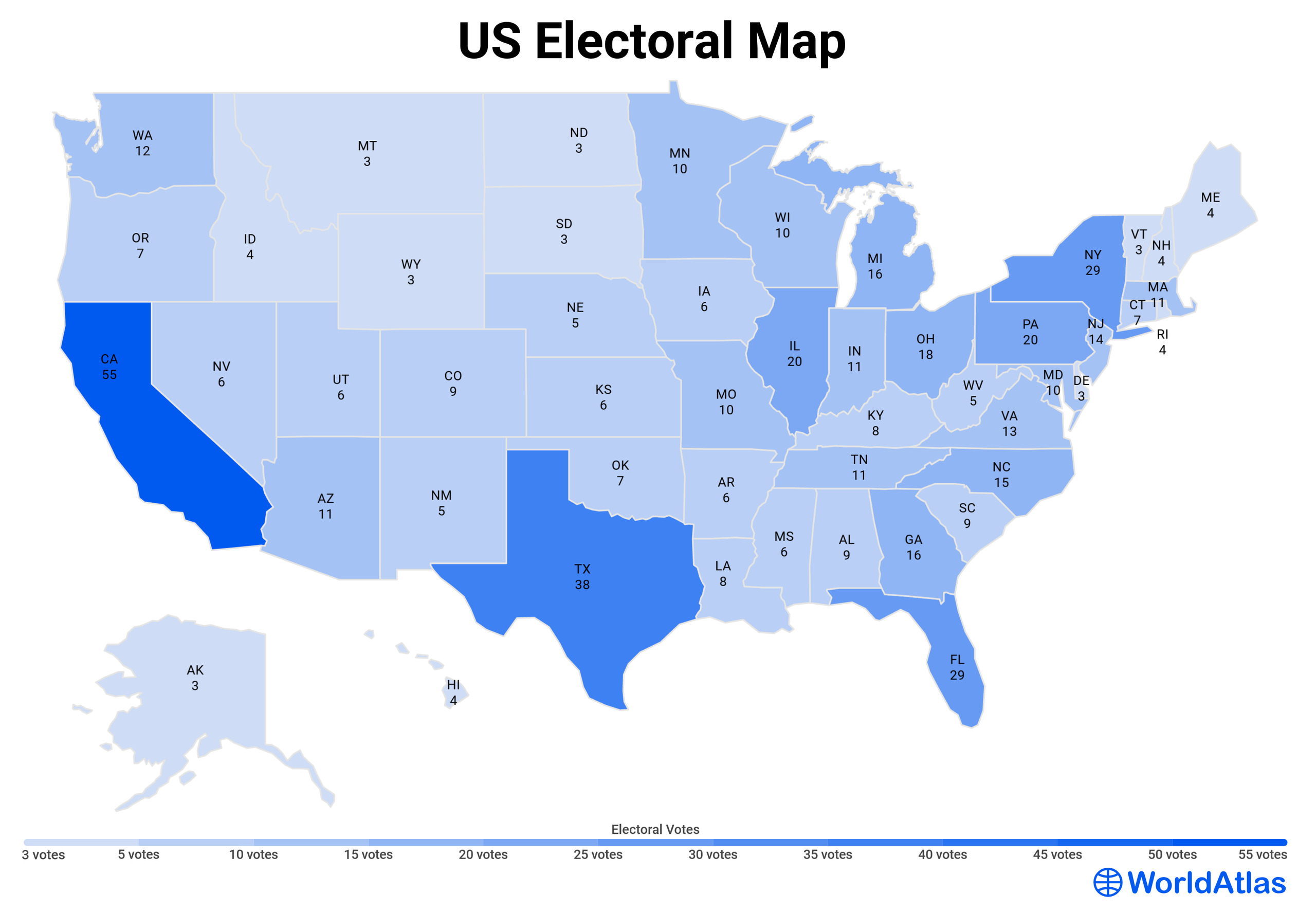 Commentary: Internet can strengthen democracy
Commentary: Internet can strengthen democracy
August 26, 2008 -- Updated 0117 GMT (0917 HKT)By Craig NewmarkSpecial to CNN
Editor's Note: Craig Newmark was working as a San Francisco-based computer programmer in the 1990s when he started e-mailing friends about local events. His simple Web site has grown into Craigslist, which provides classified ads and forums for more than 500 cities in over 50 countries. This commentary by Newmark, a Barack Obama supporter, is one of a series from McCain and Obama supporters attending party conventions.
"How do we build what some call 'participatory democracy'?" asks Craig Newmark.
SAN FRANCISCO, California (CNN) -- Like most people, I really don't want to be bothered with politics. On a gut level, it seems to be the province of the popular kids, and I'm a nerd. (Plastic pocket protector, thick black glasses taped together, that was me in school.)
Now, my day job is customer service for a Web site I founded, helping tens of millions of people. I'm in touch with a lot of everyday human concerns, that's the gig. Every day, I connect with people across America who want to make things better, a new generation committed to civic engagement.
To that end, people are using the Internet as the platform for tools for elections and governance. Speaking as a nerd, I love the technology, but what really matters is the means by which we all can use the Net to strengthen democracy in the USA. We can address practical problems and also better realize the vision of the Founding Fathers.
Nationally, the Howard Dean presidential campaign pioneered the use of the Net for grassroots campaigning, involving ordinary people in the election process. The Net proved to be an effective tool for organization and fundraising. However, this campaign didn't quite reach critical mass, perhaps because there weren't enough Americans with high-speed Internet connections at the time.
In this electoral cycle, we see campaigns like the Barack Obama campaign using the Net for organizing and fundraising very successfully. Additionally, we're seeing the Obama campaign use the Net to battle disinformation campaigns. For example, rumors that he's a Muslim or wants to raise taxes for ordinary Americans.
The key is that the campaigns manage to get ordinary people involved, including people like me who'd rather not be bothered with politics.
After the participatory campaign, how do we build what some call "participatory democracy" or "networked democracy?"
Here are several areas where people are starting to make that real:
311: Customer service for government -- In New York and San Francisco, California, people can call 311 for city services. For example, you can get a pothole fixed, or find out how to get a license. In the future, it will be possible to make direct use of 311 systems over the Net. I feel all levels and departments of
U.S. government should provide customer service this way.
New York and San Francisco have made a good start, and interestingly enough, the Transportation Security Administration is doing a good job with its
blog. Transparency and accountability -- Money plays a much larger role in government than a democracy can survive. Some companies find it's easier to lobby for privileges than to compete in a free market. A notorious example of that involves "no-bid contracts." Sunlight Foundation is the hub of a network that allows people to blog about how lobbyists and others use cash in ways that might not survive public scrutiny.
Take a look at MapLight.org, Pass223.com, and Congresspedia.org, for examples. I feel all government action should be made visible to the public, probably including all contributions by lobbyists.
Supporting the troops -- There are small things we can do, like supporting the new GI Bill and helping get adequate medical care for veterans and their families and the Iraq and Afghanistan veterans of America. The Net helps veterans in obvious ways, like awareness and fundraising. Even better, it connects citizens with the soldiers and military families who need a hand, like the Yellow Ribbon Fund, Adopt A Platoon and Any Solider. The theme is to get help directly to the people who need it, with the least middlemen possible. The focus of much of this is the Iraq and Afghanistan Veterans of America, who helped pass the new GI Bill.
The Permanent Town Hall -- Americans overall are pretty smart and we know how to run things, providing we can overcome the privileged trying for more privileges. The problem involves too many voices providing a wide range of ideas of varying quality. We need Internet-based platforms that people can use to voice needs and suggestions, with means by which the participants can rate the priority and usefulness of those statements.
Such systems exist in their infancy, like the ratings on Amazon.com and the filtering provided in Slashdot.org. The first of these is already happening and we need to recognize their importance and accelerate their adoption.
The last requires more work, but is more important. American leaders are surrounded by people who filter input and who can isolate the leader in a bubble of disinformation. (Symptoms include low approval ratings or not knowing how many houses one owns.)
iReport.com: Watch Newmark's iReport endorsing Obama
However, if you know how Americans use the Net to talk, you can easily stay in touch with real people.
Speaking as a customer service rep, that's the real deal.
 Change.gov Content Now Under Creative Commons License
Change.gov Content Now Under Creative Commons License






















